WHO
The official Sudanese announcement that 61 people have died in anti-Government protests in the capital, Khartoum, this month, is likely an underestimation, the World Health Organization (WHO) said on Friday, amid concerns that the insecurity is hampering humanitarian work in the country’s troubled Darfur region.
“The death toll as reported by the Federal Ministry of Health, and I want to underline that it has not been verified by us, between 3 and 11 June is 61 deaths, and at least 859 wounded/injured,” said World Health Organization (WHO) spokesperson Christian Lindmeier.
The WHO announcement follows reports of attacks and rape by security forces and paramilitaries against protesters and others holding a sit-in outside army headquarters in the capital.
These incidents were condemned on Thursday by the United Nations Special Representative on Sexual Violence in Conflict, Pramila Patten, who noted the alleged involved of the Rapid Support Forces and militias.
In a briefing to journalists in Geneva today (14 Jun) Lindmeier explained that as official victim numbers were sourced from Khartoum’s 12 main private and public hospitals – and not the many other clinics where injured protesters could also seek medical help – “underreporting is probable”.
According to the World Food Programme, more than 70 per cent of planned prepositioned food has already been delivered to different states across Sudan. This will enable the UN agency to deliver lifesaving humanitarian aid to some 740,000 people in inaccessible locations during the rainy season, which is under way and usually ends around September.
As a number of UN agencies respond to ongoing needs, OCHA’s Jens Laerke said funding for Sudan is well below where it’s expected to be.
“Overall, the whole of Sudan and the humanitarian operation there is struggling with lack of funding,” he said. “We are asking for a total of $1.2 billion to the response across the country. Now halfway through the year, we are just a little more than 22 per cent funded.”




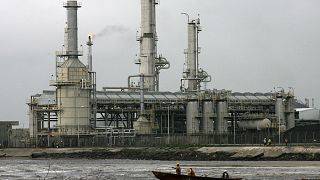
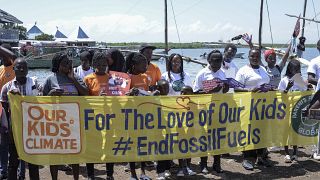

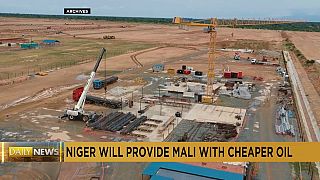
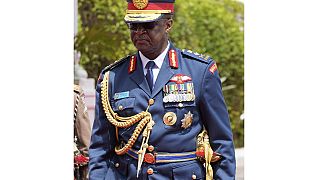
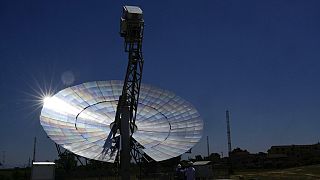
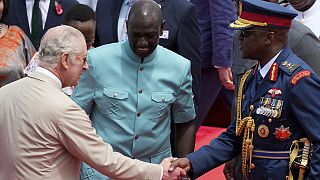
01:02
Pics of the day: April 15, 2024
02:00
Sudan war: risk of famine looms
02:02
Sudan: One year of unrelenting war with no end in sight
02:44
Addressing Nigeria's Mental Health Challenge Amidst Economic Hardship
01:10
Russia expands diesel exports to Sudan amidst EU embargo
02:31
Sudan's civil war enters its first year: Famine looms large